Log in
Log in to use the My Festival Planner feature.
Please note:
Due to a database changeover, it is no longer possible to log in with an account from previous Berlinale editions. Please create a new account.
Using the icons in the programme you can create your individual festival schedule and subscribe to the iCal feed.
Log in
Log in to use the My Favourites feature.
Please note:
Due to a database changeover, it is no longer possible to log in with an account from previous Berlinale editions. Please create a new account.
Use the icons in the programme to create a list of your favourites.
Filter

1001 Frames
In the studio of a well-known director, female actors audition for the role of Scheherazade in “A Thousand and One Nights”. But the women gradually realise that the director has more in mind than just casting the leading role.

19 Going on 20: Short Films from 19 Years of Forum Expanded
On the occasion of the 20th anniversary of the Berlinale section Forum Expanded, 19 Going on 20 brings together short films from the last 19 festival editions, providing an insight into the wide variety of cinematic forms that make up the Forum Expanded.
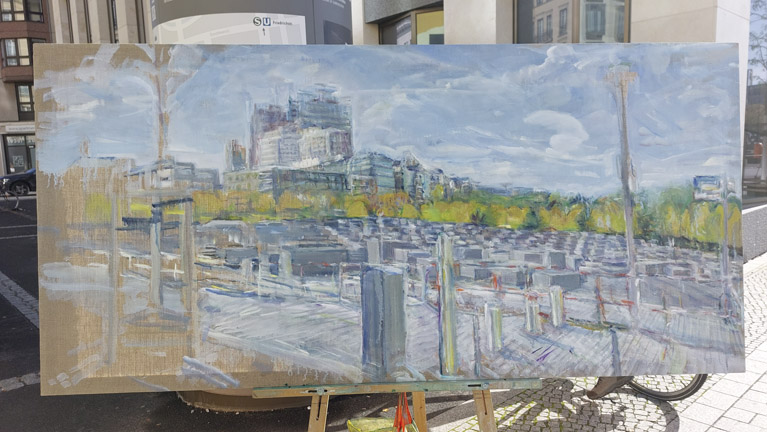
2024 (2023)
Twofold mise-en-scène. Views of a city and a family. Political Berlin, private Franconia. Painting within the film image. Realities observed within a necessarily shifting frame. A mobile phone film with the potential for deceleration. A social medium.
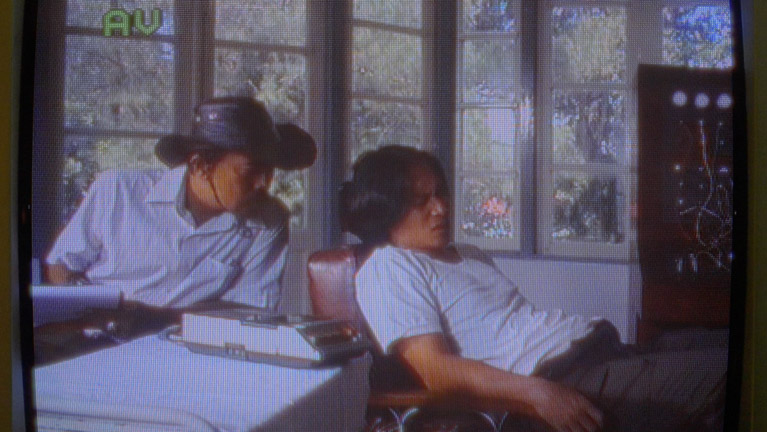
After Colossus
In the chaotic aftermath following the collapse of Indonesia’s dictatorship, a team of researchers discovers a forgotten archive revealing a covert operation that manipulated dreams and memories.
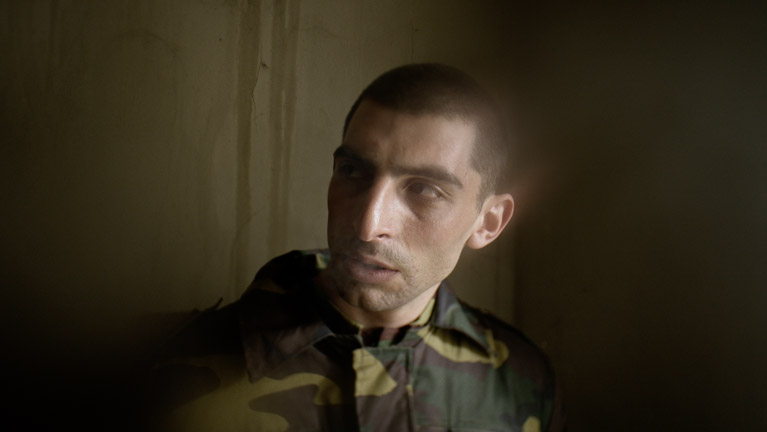
After Dreaming
Tasked with shielding her from the news of her father’s death, young soldier Atom escorts Claudette on a road trip into the conflict-ridden Armenian countryside. A hallucinatory odyssey through the mythologies of a nation in a state of permanent war.
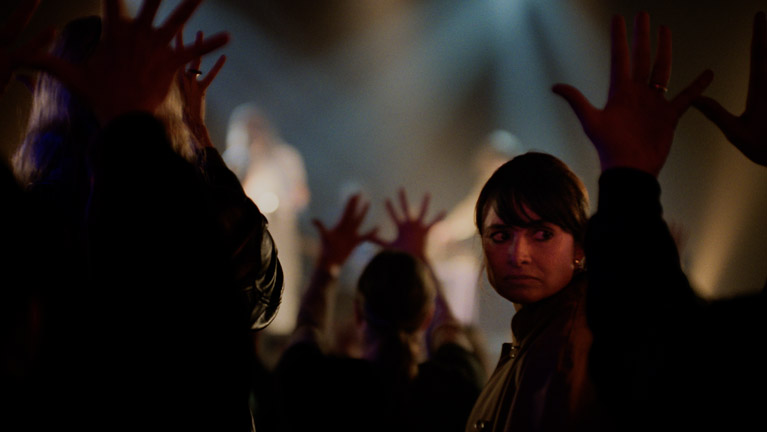
After This Death
A woman’s affair with an enigmatic underground musician spirals into chaos when he vanishes, forcing her to fend off his obsessive fans, confront her fractured marriage, and fight to reclaim her identity and future.
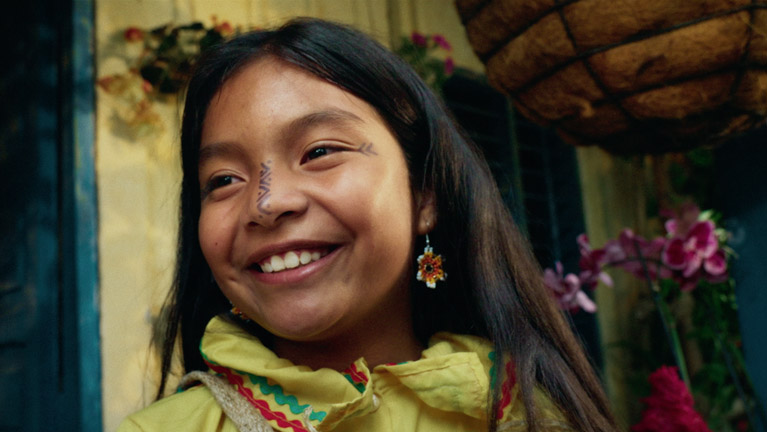
Akababuru: Expresión de asombro
Akababuru: Expression of Astonishment | Akababuru: Ausdruck des Erstaunens
Kari, an Indigenous girl, is afraid to laugh. But a new interpretation of the old legend of Kiraparamia helps her to set herself free.
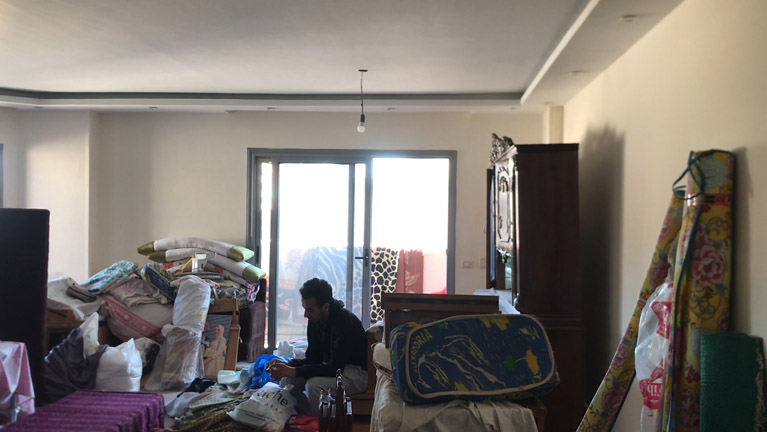
Akher Youm
The Last Day
Brothers Ziad and Moody spend their last day in their family home, which is scheduled for demolition. As they move furniture outside, Moody turns on the TV to pass the time, and they hear news about the demolition of Palestinian homes in Jerusalem.

Al Basateen
The Orchards
In 2015, in Damascus, the Basateen al-Razi district and its orchards were razed to the ground as punishment for the population’s uprising against the regime. Having lost everything, two former residents recall their neighborhood.
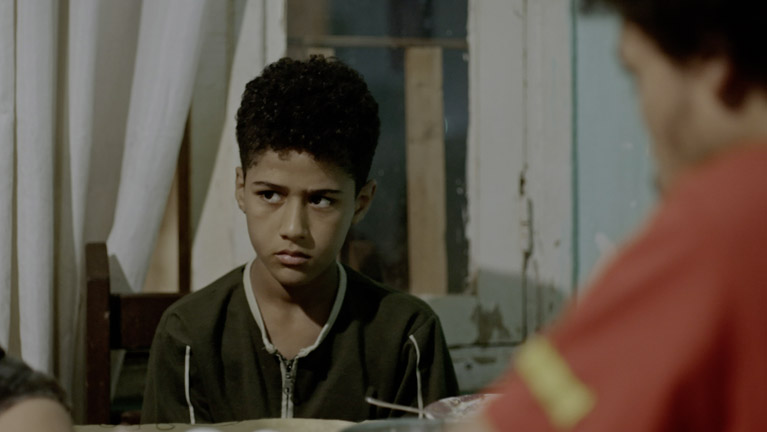
Al mosta'mera
The Settlement
After a man dies in a fatal accident at work, the only compensation offered to the family is the chance for his two sons, Hossam (23) and Maro (12), to be employed in the same factory, side by side with the man responsible for their father’s death.
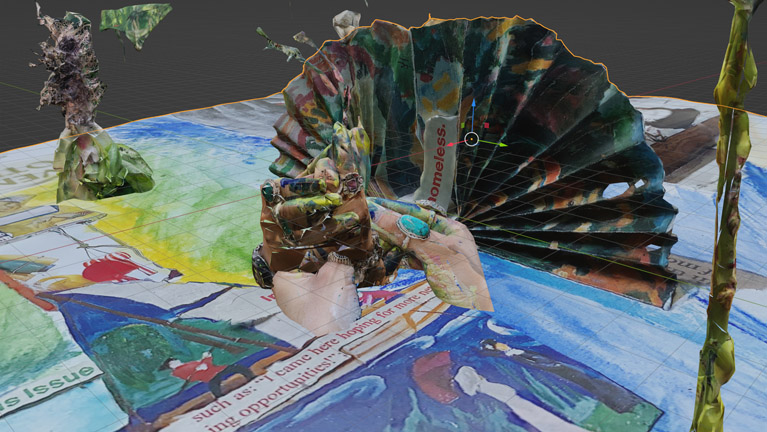
Alternatives Denkmal für Deutschland (ADfD)
Alternative Monument for Germany
The augmented reality installation Alternative Monument for Germany (ADfD) commemorates migration from queer, feminist, and migrant perspectives. During the Berlinale, ADfD will be at Silent Green’s garden, accessible via the Monuments AR app.
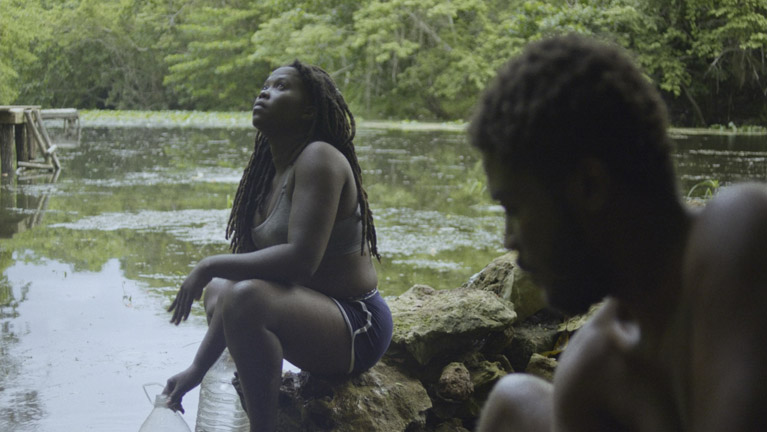
Anba dlo
Nadia is a biologist researching the native flora and fauna of Cuba. One day the forest sounds different. Something has happened. Her Haitian homeland has never felt further away.
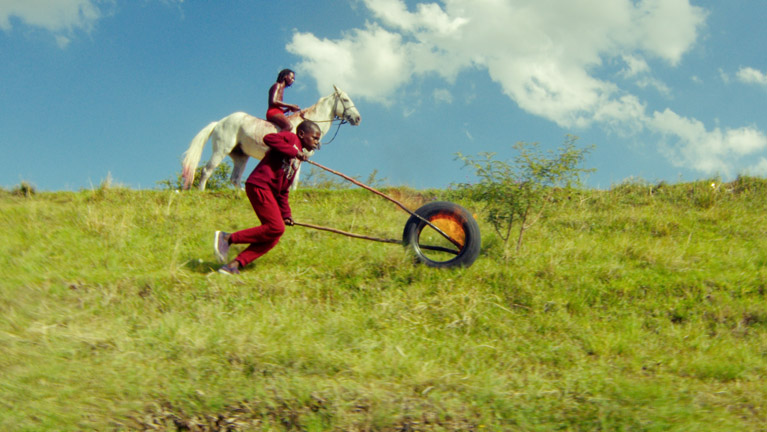
Ancestral Visions of the Future
A poetic allegory of the filmmaker Lemohang Jeremiah Mosese’s childhood, an ode to cinema and an inner nod to his mother. Through fragmented narratives and mythic imagery, Mosese crafts a haunting reflection on dislocation and belonging.
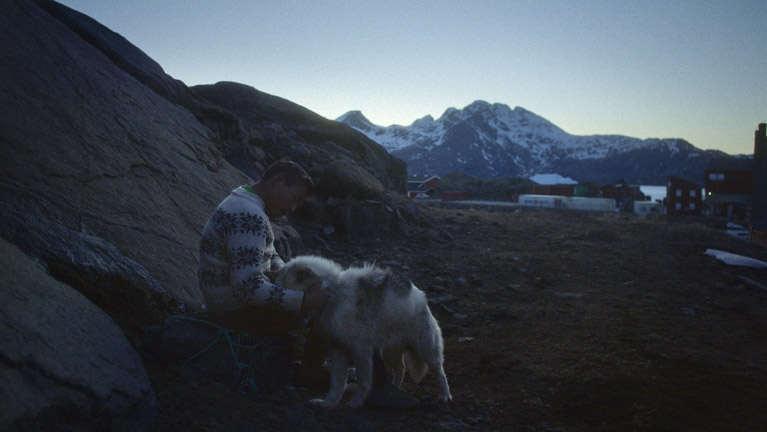
Anngeerdardardor
The Thief | Dieb
Kaali embarks on an intense search through the town of Tasiilaq in East Greenland, determined to find his missing sled dog. After an encounter with a group of young bullies, he recovers the dog but risks losing his only friend.
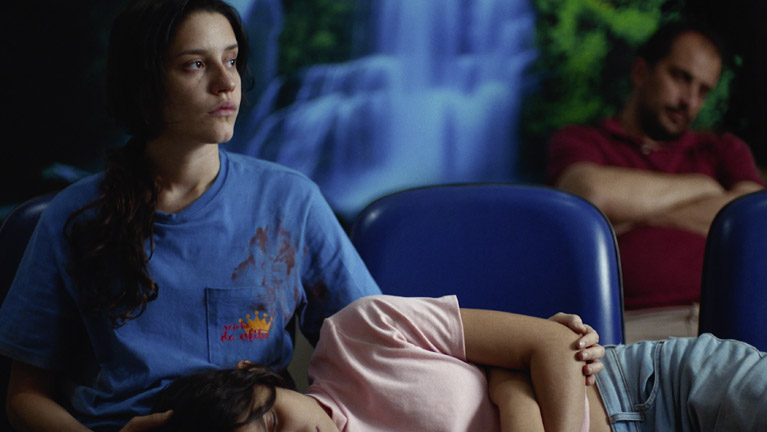
Arame farpado
Barbed Wire
After a serious accident in rural Brazil, two sisters and their stepfather are forced to spend the night in a hospital emergency room. As they face challenging interactions with strangers, they also struggle with their own family dynamics.
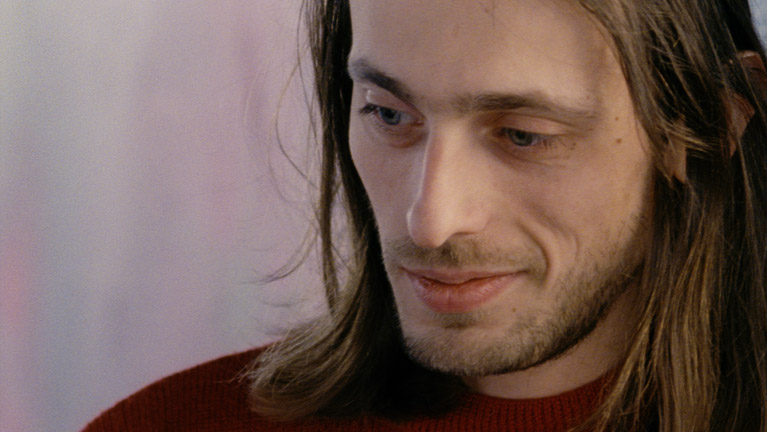
Ari
Ari, a young teacher, quits his job and is thrown out of the house by his father. Lost and alone, he reconnects with old friends, triggering a journey of self-discovery.
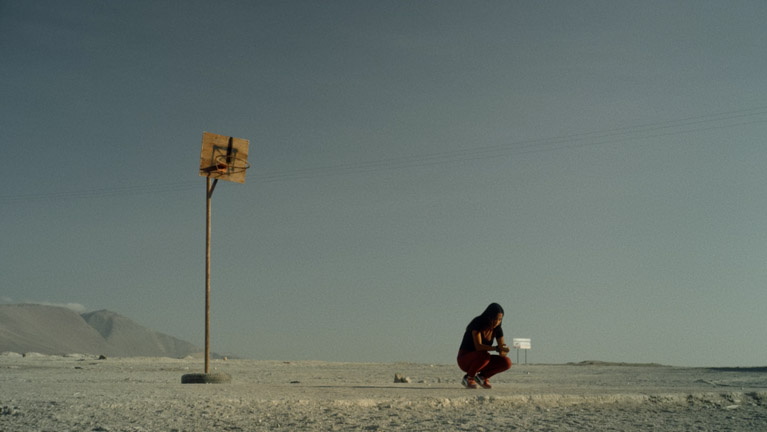
Atardecer en América
Sunset over America
The Andean plateau is one of the most dangerous migration routes in Latin America. A teenager recalls the night she crossed the plateau and the feeling of being accompanied by a spiritual presence that wanders like the wind.
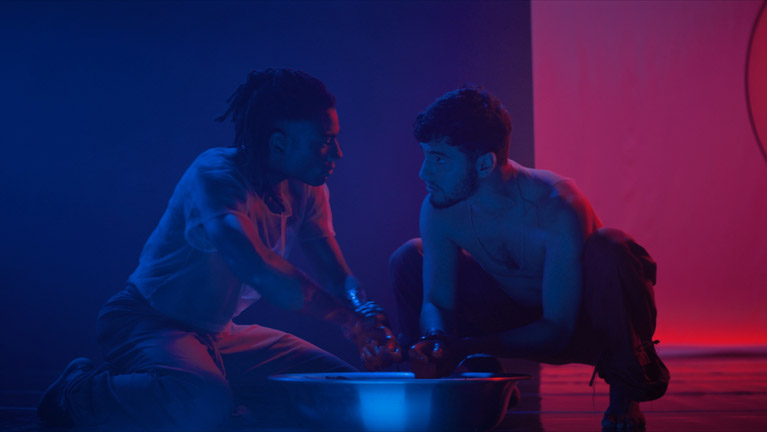
Ato noturno
Night Stage
An actor and a politician start a secret affair and together discover their fetish for having sex in public places. The closer they get to their dream of fame, the more they feel the urge to put themselves at risk.
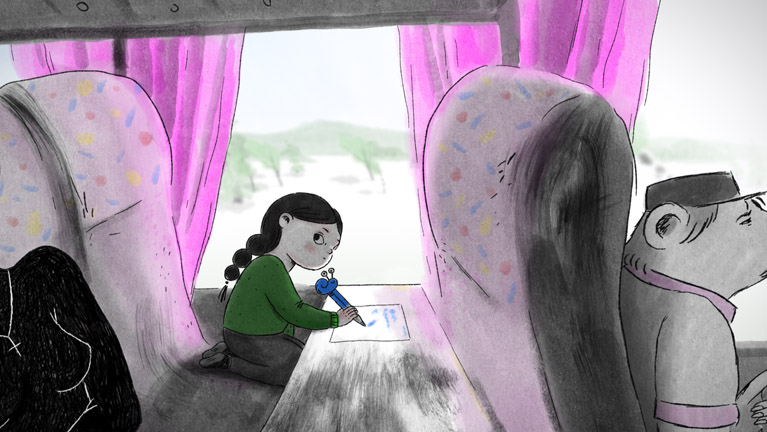
Autokar
In the 1990s, eight-year-old Agata leaves her home in Poland and travels by herself to Belgium. Her perceptions transform the reality of migration into an imaginative experience of initiation.

Award Ceremony Generation Kplus
Screening of a feature-length and a short film from the Generation Kplus competition, selected by the Children’s Jury.

Awards Ceremony Generation 14plus
Screening of a feature-length and a short film from the Generation 14plus competition, selected by the Youth Jury.
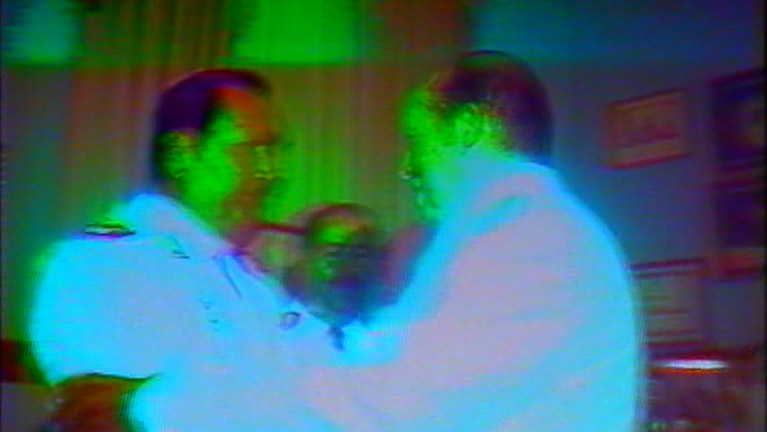
Bajo las banderas, el sol
Under the Flags, the Sun
This fully archival journey through the 35 years of Alfredo Stroessner’s regime in Paraguay reveals unseen footage and explores one of the longest-running dictatorships in history, whose effects still resonate today.

Baksho Bondi
Shadowbox
Maya discovers that her husband – an ex-soldier who is suffering from PTSD – is the prime suspect in a murder investigation. She and her teenage son are forced to go to extremes to keep the family together.
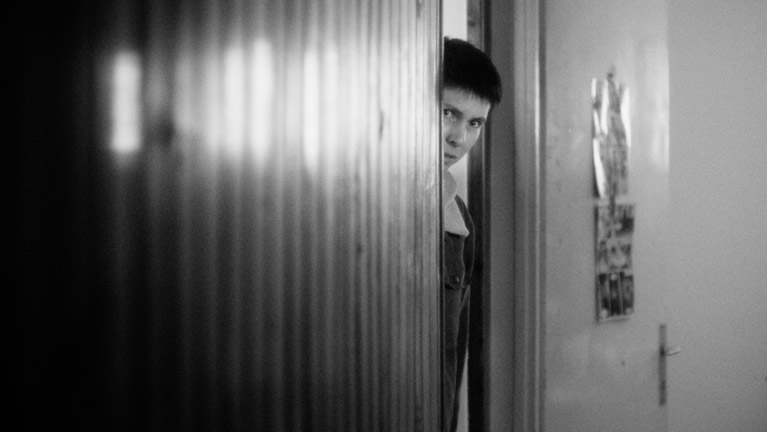
Batim
Houses
Sasha is non-binary and came to Israel from the Soviet Union as a child in the 1990s. Haunted by memories, they visit the houses they used to live in. A quiet meditation in black and white on what it means to feel at home in a house, a body, and in time.
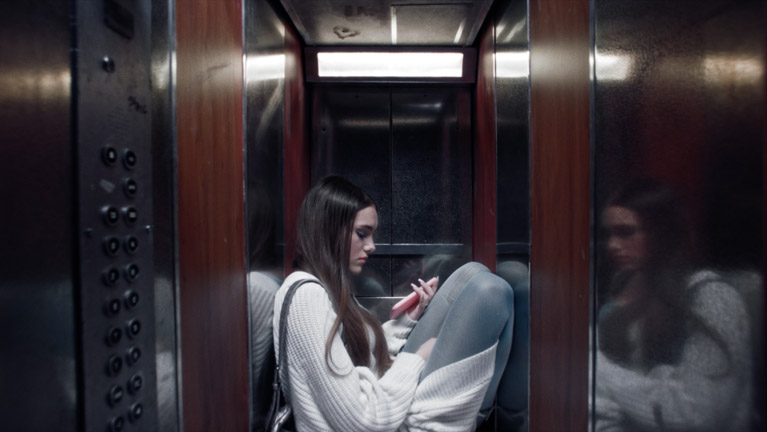
Because of (U)
Laura endures her narcissistic boyfriend’s rants with silent anger. She feels abandoned by the world and searches for something to hold onto between the dreary blocks of flats – while the music plays elsewhere.